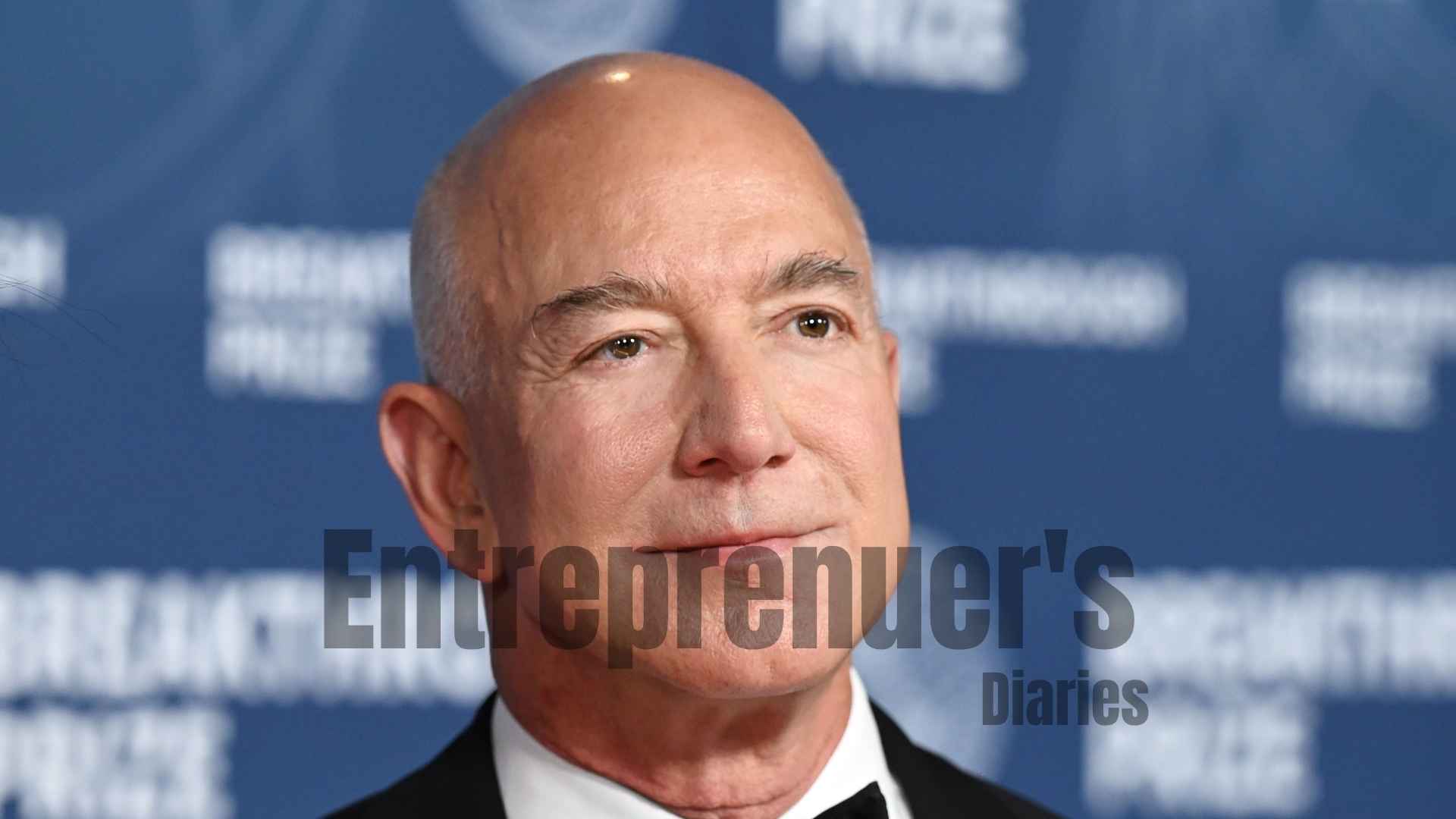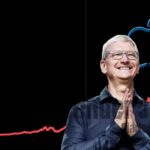Jeff Bezos is no longer the CEO of Amazon, but he hasn’t stopped building. If anything, the projects on his desk today are bigger, riskier, and far more personal than the one that made him a household name. He’s thinking in decades now, sometimes centuries and his definition of “return on investment” has expanded far beyond shareholder value.
Day One, Even Without the Corner Office
Bezos has said it for decades: every day is “Day One” at Amazon. That mantra didn’t retire when he handed the CEO title to Andy Jassy in 2021. It simply changed venues. Now, that mindset drives Blue Origin, his space company; the Bezos Earth Fund, his climate-focused philanthropic vehicle; his high-profile media ownership of The Washington Post; and a growing web of investments in future-defining industries.
The approach is the same one that turned Amazon from an online bookstore into a trillion-dollar ecosystem: think long-term, tolerate short-term discomfort, and build infrastructure before anyone else realizes it’s infrastructure.
From Startup Surfer to System Engineer
Back in 1994, Bezos walked away from a cushy hedge fund job because the internet was growing at 2,300% a year. He started Amazon from a Seattle garage with a desk made from a door and a vision to sell books online. But the real plan even then was much bigger. He saw books as the entry point to a broader e-commerce machine, one that could absorb categories and competitors alike.
He reinvested every spare dollar into growth. Warehouses, logistics software, data centers the plumbing of online commerce. Investors complained about thin profits. Bezos shrugged and doubled down. It paid off: by the late 2010s, Amazon’s AWS division was printing cash, its logistics network rivaled national postal services, and its Prime subscription had rewired consumer expectations worldwide.
Those habits reinvestment, infrastructure-first thinking, and cultural discipline are now the backbone of his moonshot era.
Blue Origin: Space as a Supply Chain
When Bezos talks about space, it’s not the wide-eyed romance of an astronaut’s diary. It’s logistics. He wants to move heavy industry off Earth to preserve the planet, treating space not as a playground for billionaires but as an industrial park for humanity.
In early 2025, Blue Origin’s New Glenn rocket finally reached orbit. The booster didn’t make a successful landing a failure some critics latched onto but Bezos wasn’t rattled. He’s playing the same game he played in e-commerce: iteration until reliability is boring.
SpaceX may dominate headlines, but Blue Origin’s government contracts, satellite payloads, and slower, more deliberate engineering pace are setting it up for decades of service work the kind of steady revenue that can quietly bankroll the bigger dream.
Betting on the Planet
Through the Bezos Earth Fund, he’s committing $10 billion to environmental initiatives, with $100 million recently earmarked for alternative protein research. He’s betting that in 25 years, the food industry will need radical redesigns to feed a growing population without collapsing ecosystems.
These aren’t philanthropic stunts. They’re strategic bets much like AWS was in 2006 on industries he believes will be essential but underbuilt. If alt-protein becomes as commonplace as cloud computing, Bezos will have positioned himself early in the supply chain.
Investing in the Boring but Critical
In April 2025, Bezos joined a $72 million funding round for Toloka, a company specializing in AI data labeling. It’s not the kind of investment that trends on social media, but it’s vital to the AI boom. Large language models are only as good as the data they’re trained on, and Toloka’s work is the invisible labor that makes AI functional.
This is classic Bezos: skip the hype layer, buy into the essential layer underneath. In e-commerce, that meant fulfillment centers before flash sales. In AI, it means the pipelines before the algorithms.
The Moonshot Mindset in Practice
Bezos’ version of a moonshot isn’t a glossy pitch deck. It’s a goal that looks impossible now but can be broken into solvable engineering problems over years sometimes decades. And unlike many founders who chase moonshots for the PR value, Bezos ties his to operational roadmaps.
For him, New Glenn isn’t a one-off. It’s a proof point toward a network of reusable launch vehicles. The Earth Fund’s protein projects aren’t a single grant they’re the start of a portfolio that could reshape food production. Even his AI investments follow a pattern: infrastructure first, applications later.
Lessons for Builders Who Think Big
- Go past the product. Bezos doesn’t just want rockets; he wants a space supply chain.
- Reinvest until it hurts. Profit can wait if you’re building something that will dominate later.
- Keep teams small and nimble. Amazon’s “two-pizza rule” for team size is cultural armor against bureaucracy.
- Play the longest game in the room. Competitors come and go; infrastructure endures.
What Hasn’t Changed
Even with the yachts, the media headlines, and the $220 billion net worth, Bezos still approaches work with the same principle he hammered into Amazon’s DNA: avoid “Day Two.” In his language, Day Two is stasis followed by irrelevance, then death. Day One is urgency, reinvention, and the willingness to bet the company on the next big thing before the current one peaks.
The difference is that now his bets are aimed at humanity’s shared problems space sustainability, climate resilience, food security, and the infrastructure for the next computing era.
The Second Act Is Bigger
Bezos’ first act redefined how people shop, ship, and store data. His second act might determine how people live on and off the planet. The timelines are longer. The risks are steeper. But the mindset is exactly the same.
He’s not chasing moonshots because they’re glamorous. He’s building them because, in his view, they’re inevitable. The only question is who will have the nerve and the patience to get there first.
Connect With Us On Social Media [ Facebook | Instagram | Twitter | LinkedIn ] To Get Real-Time Updates On The Market. Entrepreneurs Diaries Is Now Available On Telegram. Join Our Telegram Channel To Get Instant Updates.
Ethan is a Lisbon-based leadership strategist who helps remote-first startups scale through systems, team clarity, and async culture.






